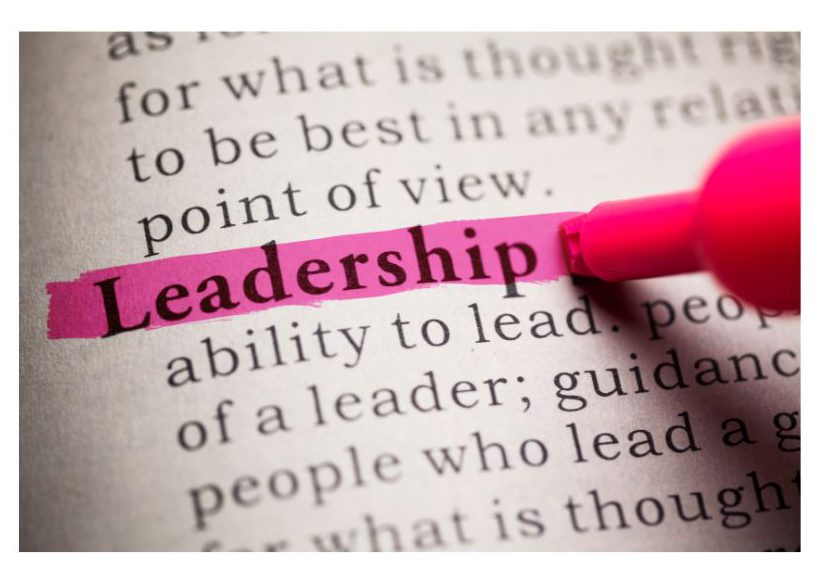
Post-Graduation pathways: Gap years are time off with a purpose
Posted by
The traditional academic path — four years of high school followed immediately by four years of college — isn't the only route to success after graduation. For many students, taking a gap year can be a strategic choice that leads to better academic performance, personal growth, and career clarity.
What exactly is a gap year?
A gap year is typically 6-12 months taken between high school and college and used to travel, work, volunteer, or explore personal interests. Gap years are becoming increasingly common, and for a good reason! Research consistently shows that students who take well-planned gap years typically return to college more focused, emotionally mature, and academically driven. They often outperform their peers who enrolled immediately after high school.
What are the benefits of taking extra time?
Post-graduation alternatives give students time to gain real-world experience, build confidence, and return to school with renewed focus and purpose. Counselors who support gap years recognize that this approach can lead to better long-term outcomes. Students who take that extra time often perform better academically, are more engaged, and are more likely to graduate on time. Additional benefits include:
- Personal Growth: Post-graduation alternatives can be a powerful catalyst for personal growth, offering the time, space, and freedom to explore who you are beyond the structure of school. It’s a rare chance to slow down and ask, “What do I want to do?” instead of, “What am I supposed to do?” These experiences also provide valuable real-world lessons you simply can’t learn in a classroom.
- Academic Performance: Students who defer college enrollment often outperform traditional students academically and are more engaged when they return. A former Middlebury dean of admissions said, "The GPA boost from gap-year students exceeded standardized test scores in predicting success." Many students also return with a clearer sense of purpose, stronger time-management skills, and renewed motivation.
- Career Exploration: Hitting pause after graduation can lead to greater motivation and clarity about your career goals. Stepping away for a bit gives you the space to explore what truly inspires you—whether you travel, work, volunteer, or pursue something creative. You might even uncover a career path you hadn’t considered before (or confidently cross one off your list).
Gap years come in all shapes and sizes
Despite what you see in the movies, you don't have to go backpacking through Europe to have a transformative gap year experience. Your personal interests will likely dictate your choice, which might include:
- Travel and cultural exchange programs. These programs include learning languages, au pair opportunities, hospitality, and farm work, among others.
- Volunteering or service work. Perhaps you’ll support education, health, or environmental initiatives by working with a local community service like the Rotary Club or joining international humanitarian efforts like AmeriCorps.
- Internships or job experience. This option is a great way to save money for college while gaining clarity around a particular career path.
- Personal development or skill-building. Attend programs focused on leadership, outdoor education, or personal growth; develop skills like cooking, budgeting, or time management; or pursue passion projects or creative goals.
- Academic enrichment. Take online courses or community college classes, learn a new language through immersion, or study for standardized tests.
- Personal or family care responsibilities. Support a relative with health issues, prioritize your own physical or mental health, or help with responsibilities at home during a difficult time.
What are the potential downsides to taking a gap year?
While you might delay paying college tuition for a year, the cost of travel or training programs can quickly add up. And although you may return to school recharged and with more clarity, another pitfall can be the difficulty regaining momentum in an academic setting, especially once you've gotten used to setting your own routine.
The most important thing to remember? You must plan your gap year well for it to truly pay off. A poorly strategized gap year can result in a disappointing use of your time. No pressure, right? We got you. Below are some helpful tips to get you off on the right foot.
Tips for planning a successful gap year
When planning a successful gap year, know your why, what, and how — in that order.
The why: Understanding your “why” requires getting real with yourself about what you hope to gain from a gap year. Clear goals will help guide your choices and give your year purpose.
The what: Create a tentative timeline, like a loose syllabus, for your year. It needs some structure, but the key is flexibility. Build in plenty of “wiggle room” for unexpected opportunities, spontaneity, and downtime.
The how: Time to talk funding. How will you pay for your gap year? Make a budget for essentials like rent, food, insurance, and program fees. Look into side hustles or part-time jobs, work-exchange gigs, and scholarships to help cover the costs.
Other logistics: Tie up other loose ends with your final prep. Organize your paperwork, including passports, visas, travel insurance, immunization records, and emergency contact information. And don’t drop off the map! Keep in touch with your mentors, teachers, or advisors so they know your next move.

What if I've already been accepted into a college?
Good news! You can hit the pause button on college. Requesting (and being granted) a deferral allows you to start school later, even after you’ve been accepted. More colleges appreciate when incoming students take a break to gain experience, and some even have official gap year options built into their acceptance.
Check your school's specific deferment policies and procedures for details. Not all colleges allow deferment; many have different rules and deadlines. And a heads-up on financial aid. If you got a scholarship or financial aid, ask about it. Don’t assume it rolls over if you defer your start date. You may need to reapply for the aid or specifically request a deferral; otherwise, you could lose it.
Keep those lines of communication open with the admissions and financial aid offices. Follow their instructions to officially confirm your spot after a deferment. A quick heads up: Some colleges will ask you to summarize your gap year experiences, so be ready to share your updates.
What are some gap year alternatives?
If you need or want a break after high school but don’t want to take a full year off, there are other options offering you the freedom to grow, explore, and reflect.
- Shorten the gap by taking a semester off or waiting to enroll for one semester. Many universities offer delayed start or spring admit programs.
- Participate in a short-term summer exchange program or attend college part-time while you work, volunteer, or pursue personal projects.
- Build exploration into your academic path through your college’s study abroad program in your first or second year.
Your turn to fill in the gap!
A gap year isn't about pausing your future—it's about investing in it. With the right intention and planning, time spent traveling, working, volunteering, or focusing on personal well-being can lead to greater clarity, resilience, and purpose. The growth you gain will echo throughout your academic journey, career path, and beyond.
Want to make cultural exchange part of your gap year? InterExchange has a variety of programs in the U.S. and beyond. After all, there's no better education than real-world experience. Happy exploring!
Blog Categories
- Career Advice
- College Admissions
- Colleges & Universities
- Financial Aid and Scholarships
- For Counselors
- For Parents
- For Students
- Gap Years
- Mental Health and Wellness
- Online Learning
- Performing and Visual Arts
- STEM Majors and More
- Summer Programs
- Teen Volunteering
- Trade & Vocational Schools
- Tutoring & Test Prep

Organization with listings on TeenLife? Login here
Register for Free
We’re here to help you find your best-fit teen-centered academic and enrichment opportunities.
Forgot Password
"*" indicates required fields








